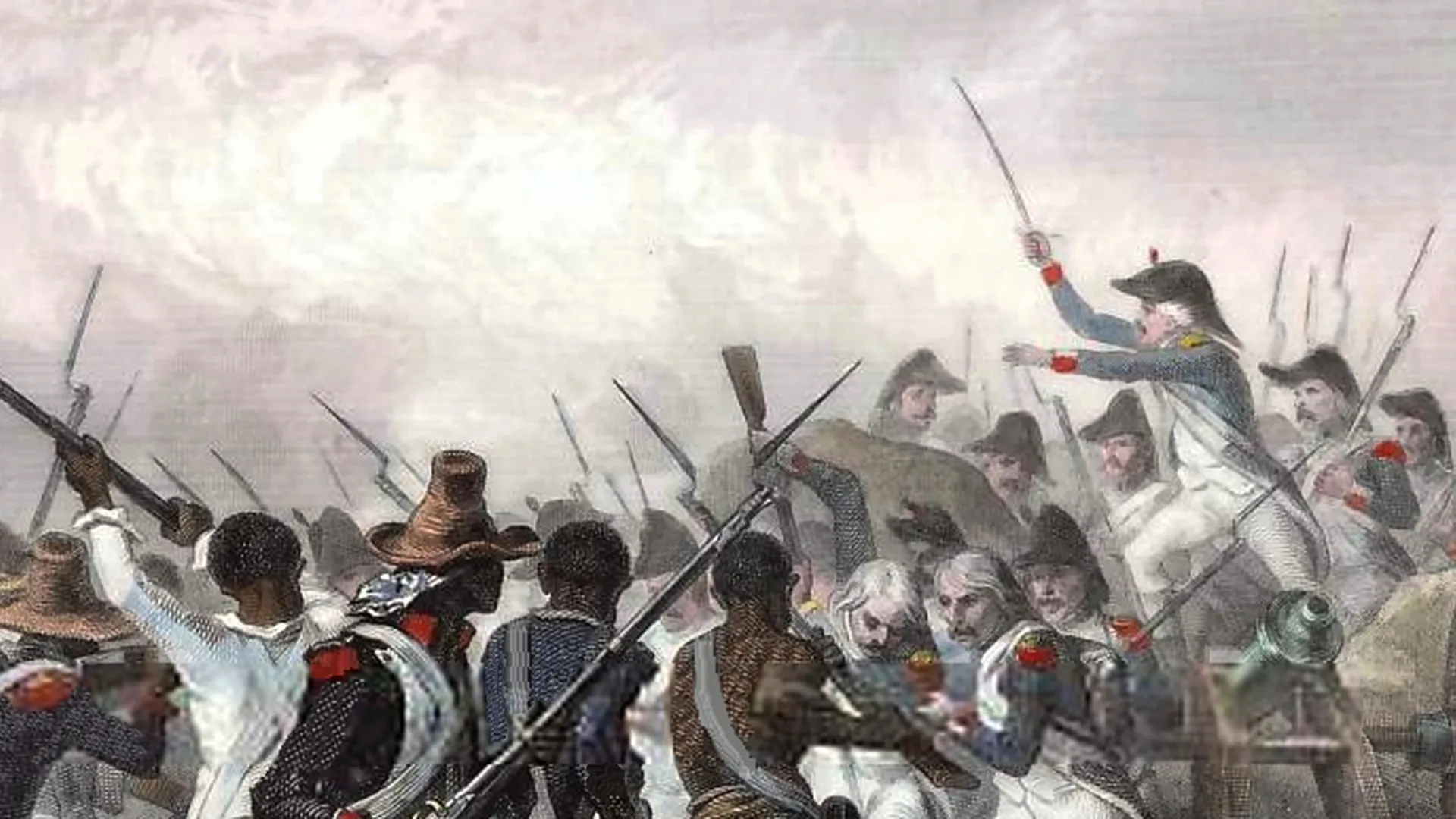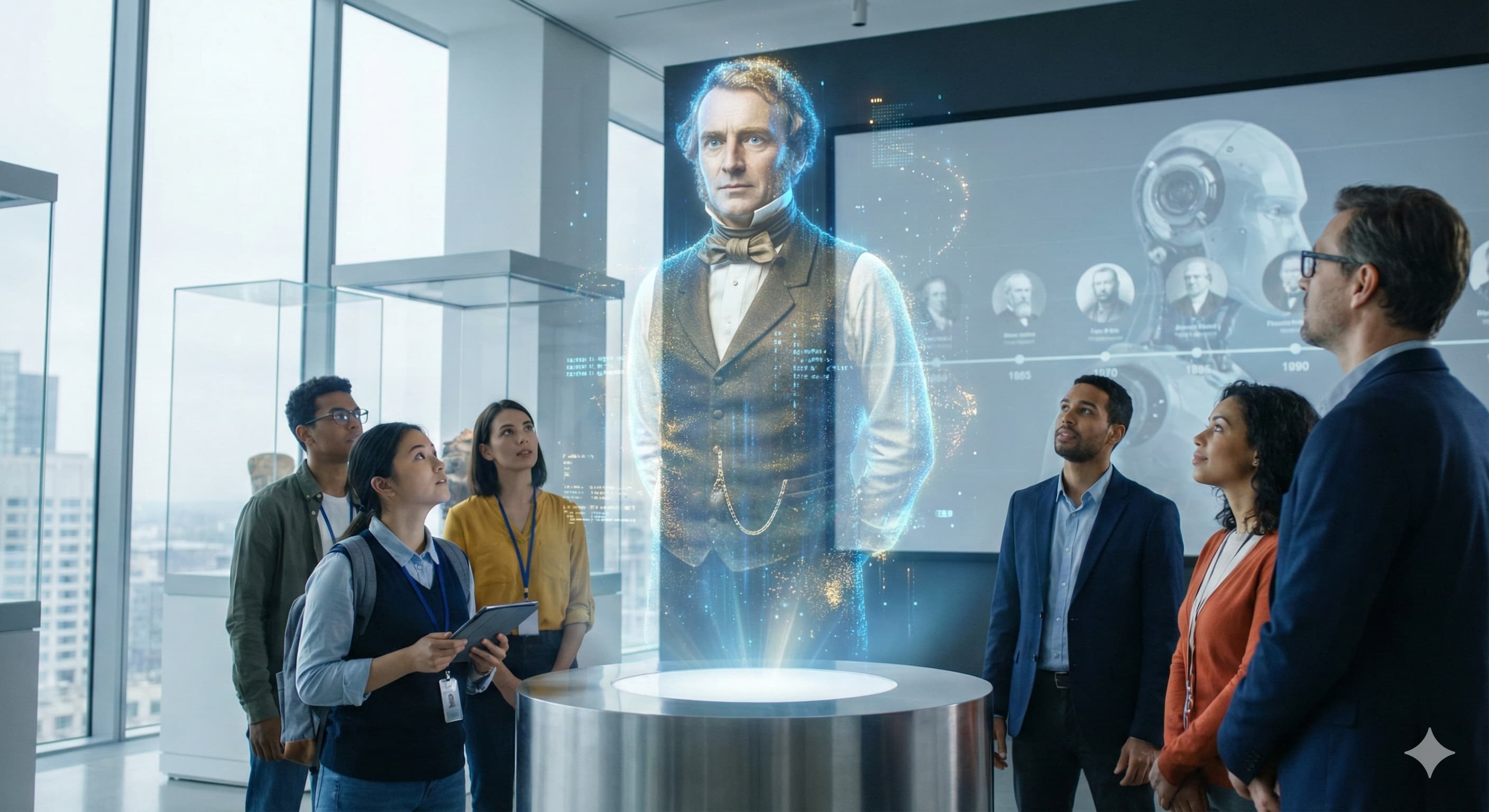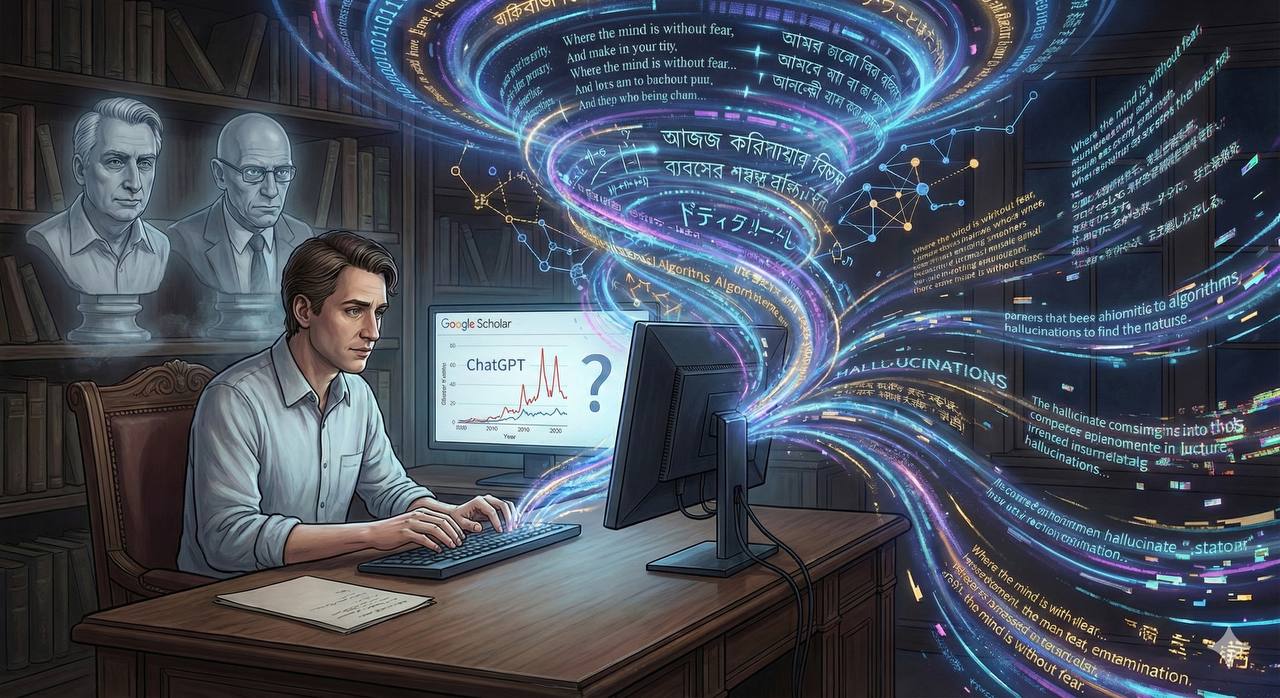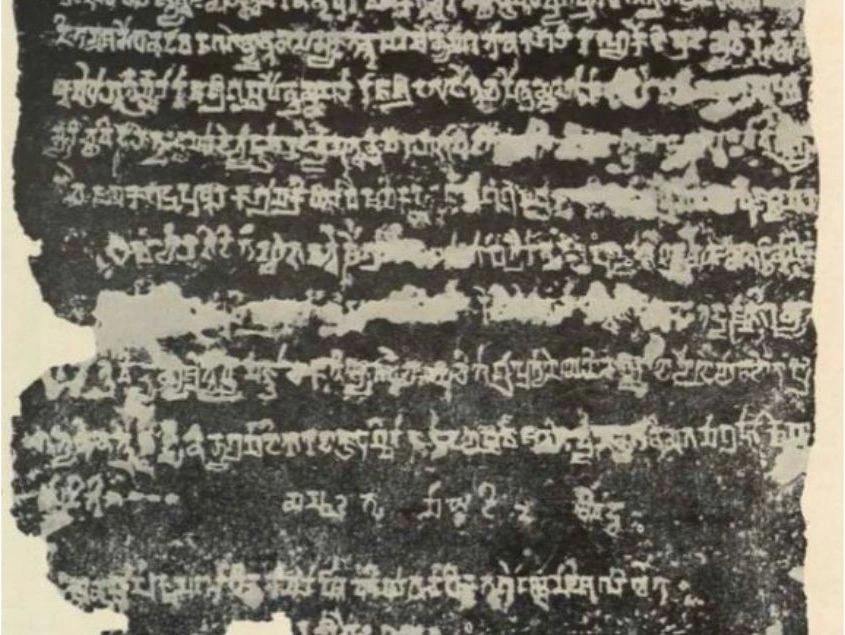Artificial Intelligence’s Unexpected Role in Uncovering Historical Silences
At its core, history is more than a record of past events; it’s the process of remembering, forgetting, and narrating. According to the Haitian anthropologist Michel-Rolph Trouillot, marginalized groups are often left out of these records due to power inequality between those who experience historical events and those who get to record them.
Trouillot underscores that these power disparities and erasure are present at every stage of historical production, from the creation of sources to the final narration, reinforcing silences around marginalized communities. There is increasing anxiety over AI, which is deepening this power disparity in historical narratives. However, we can shift our use of AI to support uncovering and amplifying counter-narratives and overlooked experiences thanks to the recent developments.
What Are Historical Silences?
Historical silences are not simply the absence of records but the result of systemic exclusion, where certain voices are ignored or erased to maintain power. According to Trouillot, history unfolds in two forms: historicity 1, what actually happened, and historicity 2, the way events are narrated. Historical silences arise at any stage, from the creation of sources, assembling of archives, and constructing narratives to their interpretation and assignment of significance.
Often, the dominant groups in history overshadow or omit the experiences of marginalized groups in the narratives carried through the future. For example, Trouillot gives the example of the Haitian Revolution, which Western historical accounts relatively minimized because it challenged European ideas about race and humanity.
The “unthinkable” nature of such events, as Trouillot argues, leads to a collective silence in historical narratives, resulting in a skewed understanding of history that is rarely challenged in mainstream education.

AI-Powered Counter-Narrative Creation
Counter-storytelling has long served as a form of resistance within educational scholarship, mainly through the lens of Critical Race Theory, which sees race as a social construct and racism as a systematic phenomenon, not only an individual’s prejudices. Legal scholars Solorzano and Yosso (2002) argue that "majoritarian" narratives rooted in racial privilege often present that privilege as natural and unchallenged.
They highlight counter-storytelling as a crucial method for sharing the stories of those frequently silenced and critically examining dominant narratives. Citing Ikemoto (1997), they emphasize that counterstories do more than respond to mainstream narratives; the stories focus on the experiences of oppressed and marginalized groups, and these stories help preserve and reinforce social, political, and cultural resilience and resistance traditions.
Brooke Madden uses this transformative potential of counter-narratives in decolonizing education. She argues that to resist dominant colonial narratives taught in Canadian schools, counter-narratives underscore the resistance and resilience of Indigenous history. These narratives do not just reframe the existing narrative structure; they also question and redefine power dynamics.
We can utilize AI to support such decolonizing efforts, helping educators and historians bring forward stories of resilience and resistance by identifying Indigenous perspectives in records and expanding on them in ways that challenge colonial narratives. AI can be a great tool in counter-storytelling methodology, which not only counters the dominant narratives but empowers marginalized voices to share their own stories and reframe existing ones.
One prominent application of AI in counter-narrative creation is NLP, which is used to identify gaps or biases within existing texts. For example, studies in counter-narrative generation against hate speech utilize language models to produce responses that correct or counteract hateful narratives by providing fact-based, respectful rebuttals.
One such study, led by Tekiroğlu et al. (2022), demonstrates the use of pre-trained language models for automatic counter-narrative generation. The study shows that autoregressive models, such as GPT-2, can effectively generate counter-narratives for hateful messages on social media when combined with specific decoding methods.
For example, the model can create a counter-narrative that highlights the diversity and fluidity of gender traits across individuals when faced with a hate speech message suggesting stereotypical views about gender. Similarly, AI models trained on historical records could generate narratives highlighting the contributions and experiences of those whose voices were silenced, such as Indigenous or Black communities.
Limitations and Ethical Considerations
When developing a new AI model to challenge historical silences, we must avoid falling into the same unethical mistakes in history creation. We must be careful not to reinforce the same biases we are trying to dismantle.
To use AI responsibly, we must pay extra attention to consent, cultural sensitivity, and contextual understanding. AI models' data should respect the diversity and complexity of human history, and their use should be continuously assessed by the communities they aim to represent.
Conclusion
AI as a Tool for Uncovering Historical SilencesAs technology continues to evolve, AI has a growing potential to uncover, document, and amplify silenced voices.
Marginalized groups can reclaim their histories and prove their place in the historical record by using AI to identify gaps in the narrative and produce counter-narratives.
Embracing AI as a tool for amplifying counter-narratives doesn’t merely fill historical gaps — it transforms how history is told, remembered, and taught, challenging us to envision a world where all voices are given space in the story of humanity.









